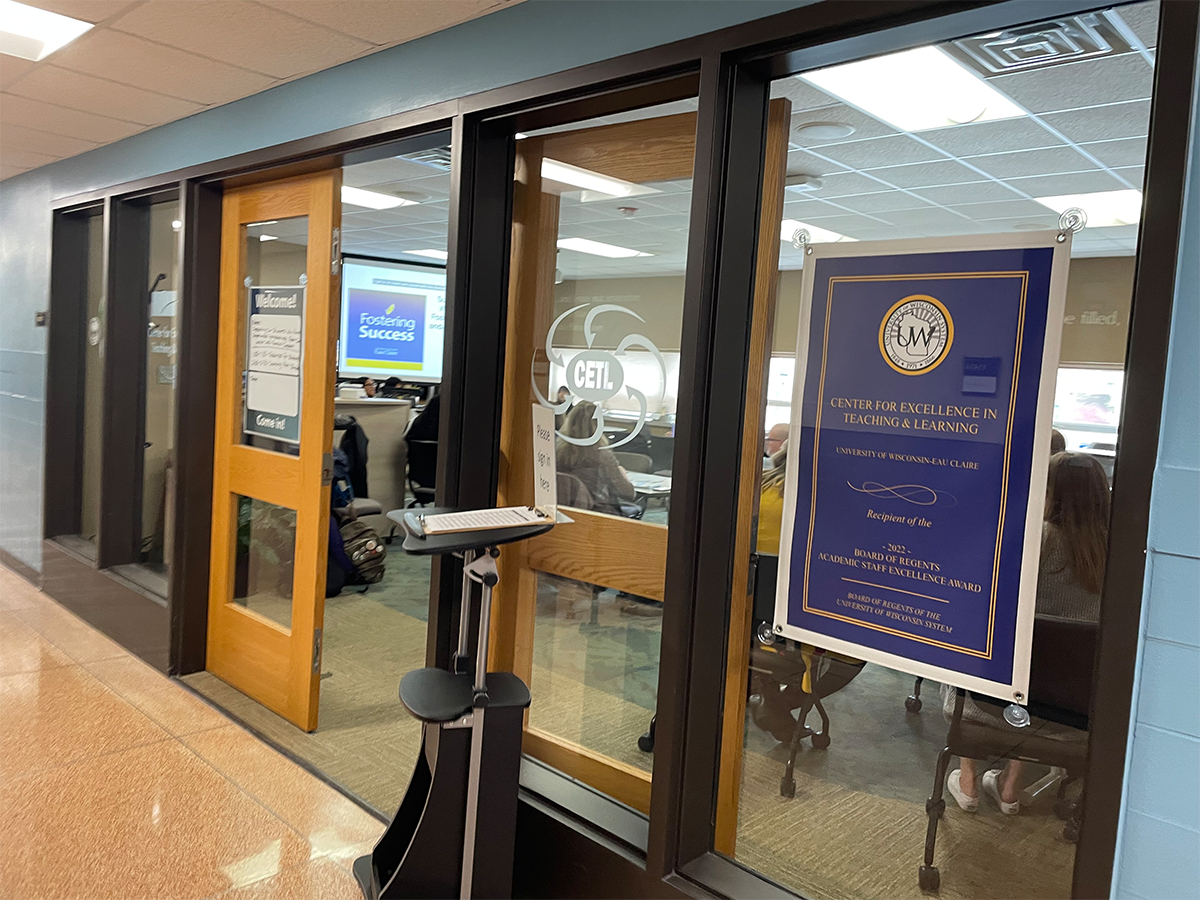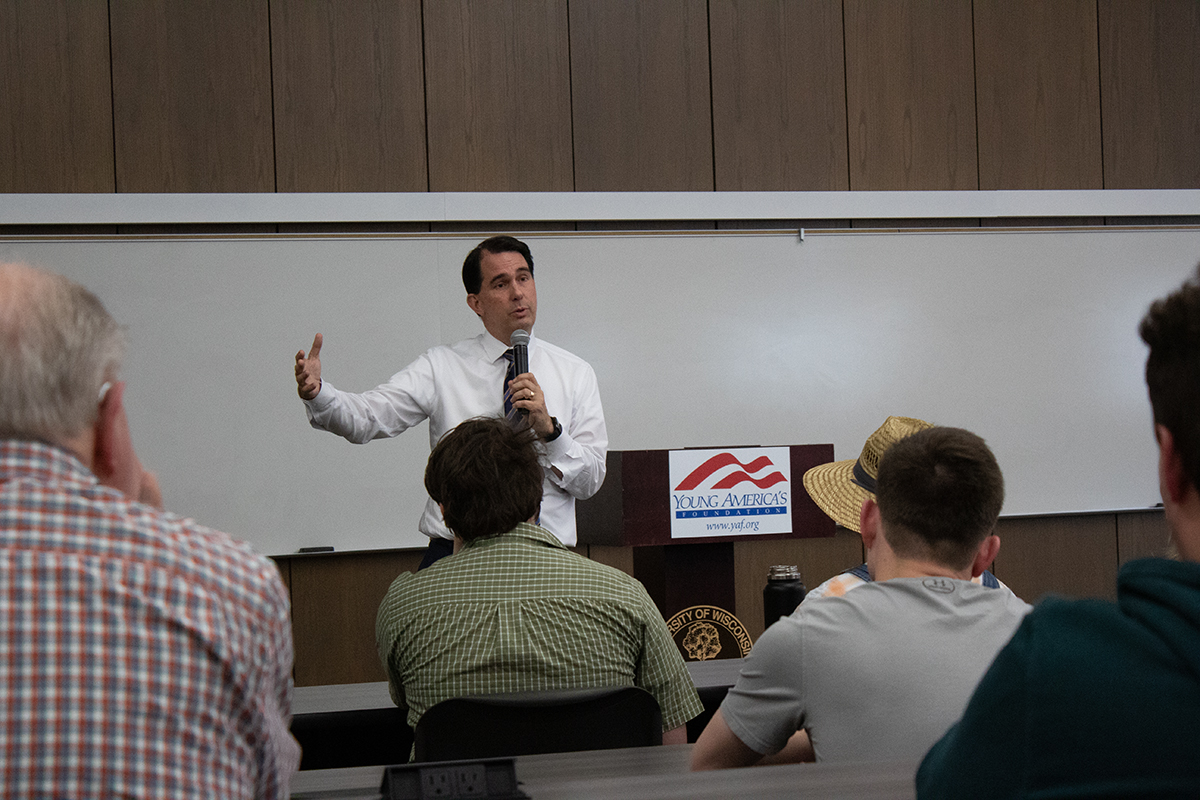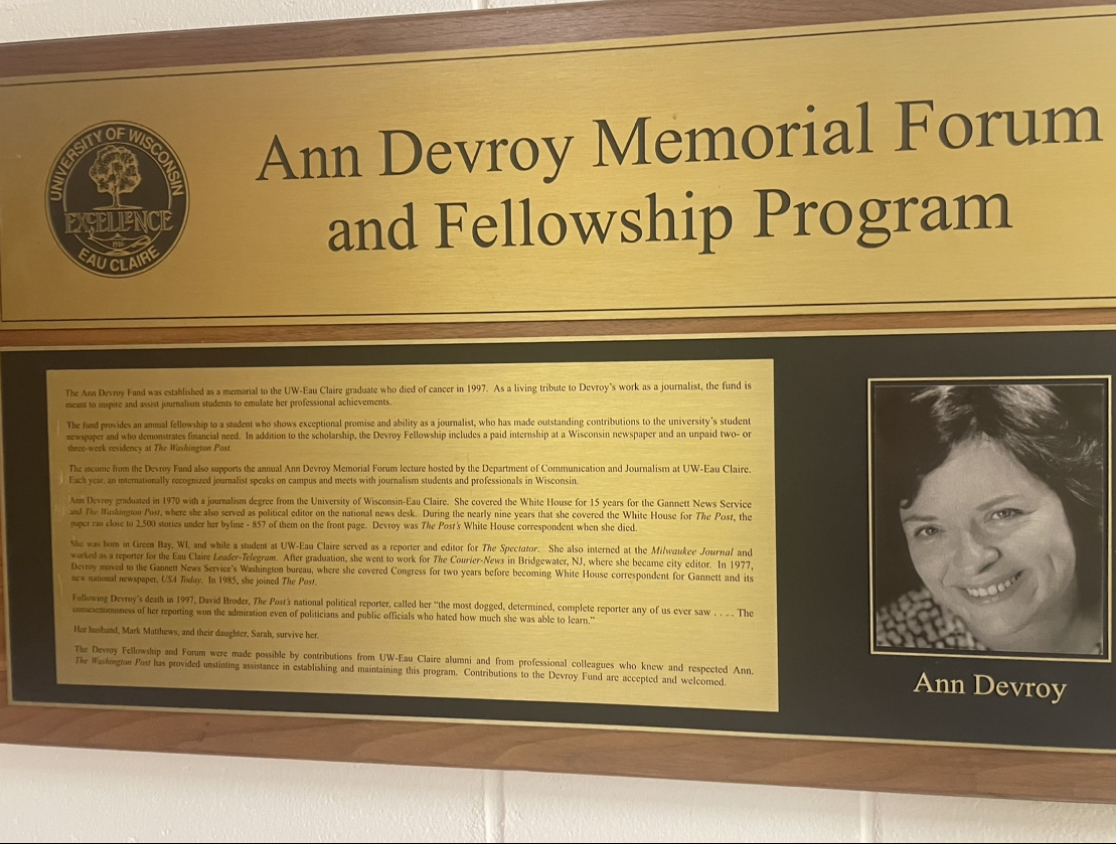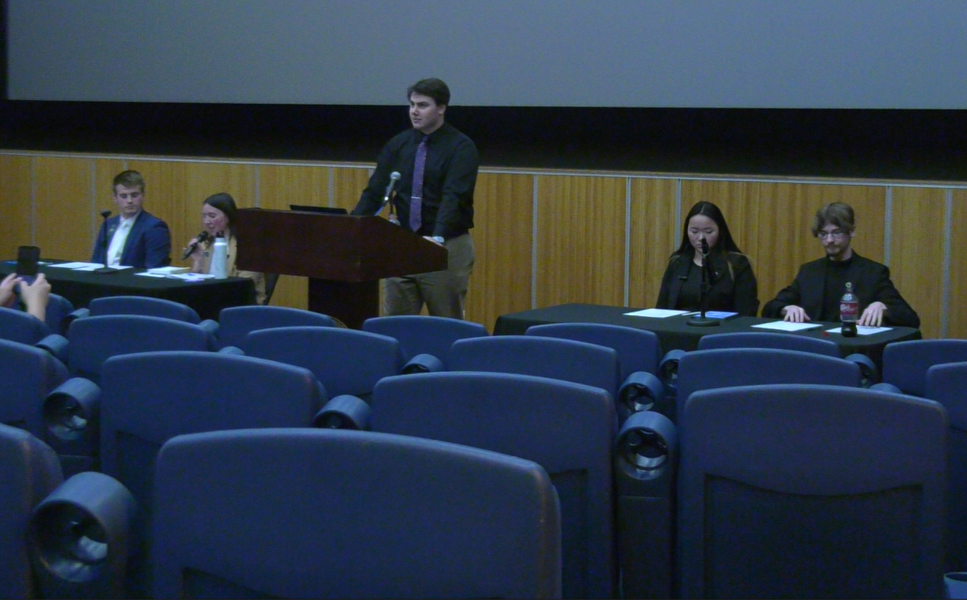John Perkins, former “economic hit man,” (EHM) and current CEO of an alternative energy company and writer, spoke Monday night in Zorn Arena, addressing topics related to what he calls a sustainable revolution.
“The revolution we are currently in is similar to the Industrial and Agricultural Revolution,” Perkins said. “We are all a part of it. … Every person is facing the same crisis and we have never had that before.”
Part of the crisis Perkins refers to is global climate change, high prices, species vanishing from the planet, thousands of children dying, poverty and terrorism.
Perkins said around the world we are communicating in unique ways, whether it is through the Internet, cell phones or satellites.
“It is truly an amazing and unique time in history,” Perkins said. “I am asking you all to be committed to be part of the revolution, part of a peaceful, just and sustainable world. We must recognize we are a very fragile species living on a tiny planet.”
A former member of the Peace Corps, Perkins traveled all over the world, trying to establish American values in Third World countries. At one point, he was dying but was “cured” and had a totally different change of mindset.
“I started listening to nature, relating to the plants,” he said. “That mindset change is where we need to be today. We need to change our lifestyle.”
Much of Perkins’ speech, titled “Geopolitics, the Future and You: A Call to Action,” focused on his job as a former EHM. Perkins’ job was to convince Third World countries to accept large loans for infrastructure development. Once
the countries became buried in un-payable debt, the U.S. government and international aid agencies team and are able to control the economies. Commodities such as oil and votes in the United Nations were exchanged for the debt, he said.
“EHM’s have created a global empire,” he said. “The money from the deals does not go to the countries but to the companies themselves . they do not help a majority of the people.”
Perkins said if EHM’s fail or if there is resistance, “jackals” will come into the country and overthrow or assassinate leaders. The U.S. military enters if the jackals fail.
“That is what happened in Iraq,” Perkins said. “Most of us in the U.S. have no idea it is going on.”
Perkins said the biggest problem we face today is what he calls “corporatocracy.” The corporations are in control as emperors, not the government. Corporations control geopolitics, with more than 35,000 lobbyists in Washington that either own or control the media, he said.
“They use their relationships and partnerships to get ahead,” he said. “They are totally dependent on you and me.”
Perkins said people need to recognize these corporations exist only because we buy the goods and services they produce. He said corporations are driven by one single goal: maximize profits, no questions asked.
“We have told them we want cheap clothes and we don’t really care about the labor or the destroying of such places as the Amazon,” he said.
Perkins said a solution to this problem is a change in mindset, like he had, and getting corporations to redefine goals within a sustainable, just and peaceful world.
“Send Nike an e-mail saying you won’t buy products because they use sweatshops,” he said. “You may think they won’t read them, but they do.”
Perkins mentioned nine countries in Latin America have voted in presidents running under “no more exploitations by corporations.” All of these countries ousted a brutal dictator and have women in cabinets, two of them presidents. However, these leaders are still being threatened by the EHM’s, Perkins said.
Towards the end of his speech, Perkins pointed to President-elect Barack Obama as a great signal of change for the revolution. Perkins received e-mails from hundreds of people around the world about Obama’s election.
“I was talking to Jesse Jackson. and Martin Luther King had told him there wasn’t going to be a black president in his lifetime, nor Jackson’s,” Perkins said. “It was a rare case when King was wrong.”
As far as what individuals can do for the sustainability revolution, which includes both social and environmental aspects, Perkins said to redefine the corporate rule: don’t buy anything going against a better world. Perkins told the audience to use their talents and passions to effect change.
“We need to send them a new message,” he said. “We want our families growing up in a sustainable, just and peaceful world.”
Freshmen Grace Johnson and Heather Hill attended the event as part of their women’s studies class. Both said they enjoyed Perkins and his overall message.
“For one of the first times, I was able to pay attention to a long lecture,” Johnson said. “The stories he used were relevant and he made good connections to everything he spoke about.”
Perkins’ message seemed to have impacted Hill in particular.
“He talked about things I knew about but the way he put it made me see it better,” Hill said. “Now I know how to make change.”






